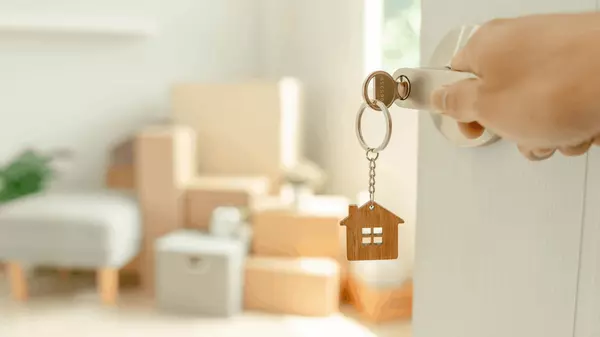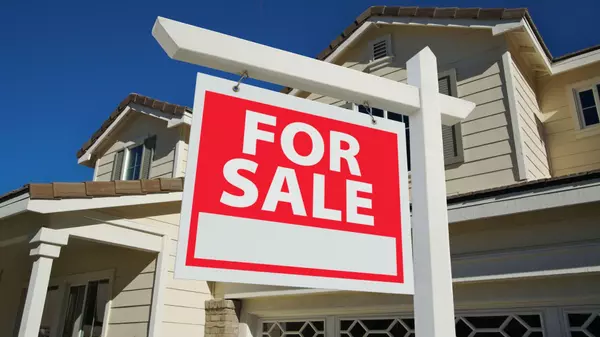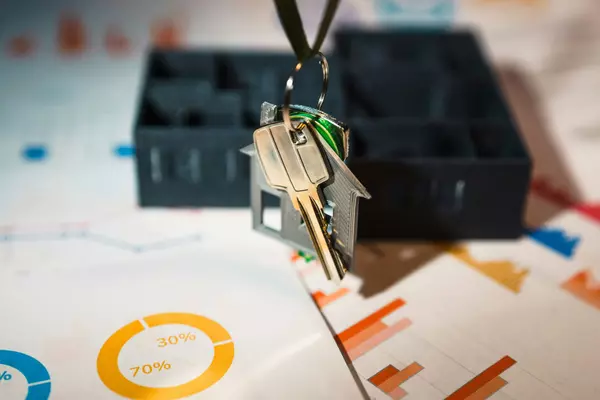How Close is St. Augustine to Major Cities and Airports?
St. Augustine, FL, offers a relaxed coastal lifestyle while keeping major cities and travel hubs within easy reach. Here's a look at the closest metropolitan areas and airports to the nation's oldest city.
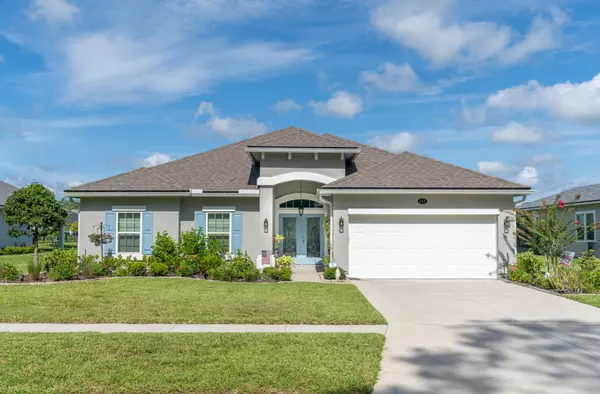
Seller Concessions: A Smart Strategy To Get Your House Sold in St. Augustine
In today’s real estate market, smart sellers know that a little flexibility can go a long way in securing a deal. If you're looking to attract more buyers and close quickly, offering seller concessions, where you agree to cover some of the buyer’s costs, can be a powerful negotiation tool that sets

Best Hiking Trails Around St. Augustine
When you think of St. Augustine, historic landmarks and pristine beaches probably come to mind but did you know that some of Florida’s most scenic hiking trails are right here in and around the nation’s oldest city? St. Augustine has it all if you’re looking for a shaded forest stroll, a marshland b
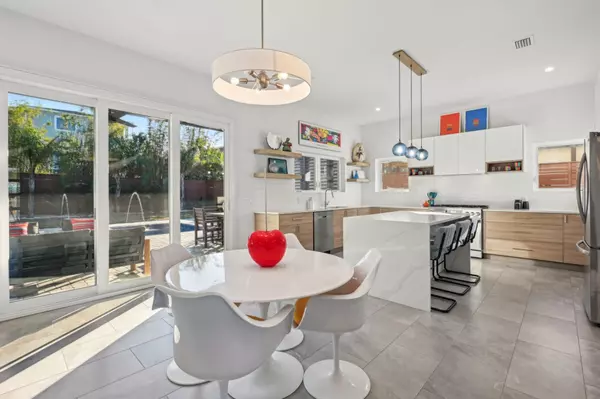
Virtual Tours: The Way to Showcase Your St. Augustine Home to Buyers
Virtual tours have been around for years, but they’ve become essential for home sales—especially in a market like St. Augustine, where many buyers are shopping from out of town. In today’s competitive real estate landscape, buyers expect convenience and accessibility. A high-quality virtual tour all
Categories
Recent Posts

